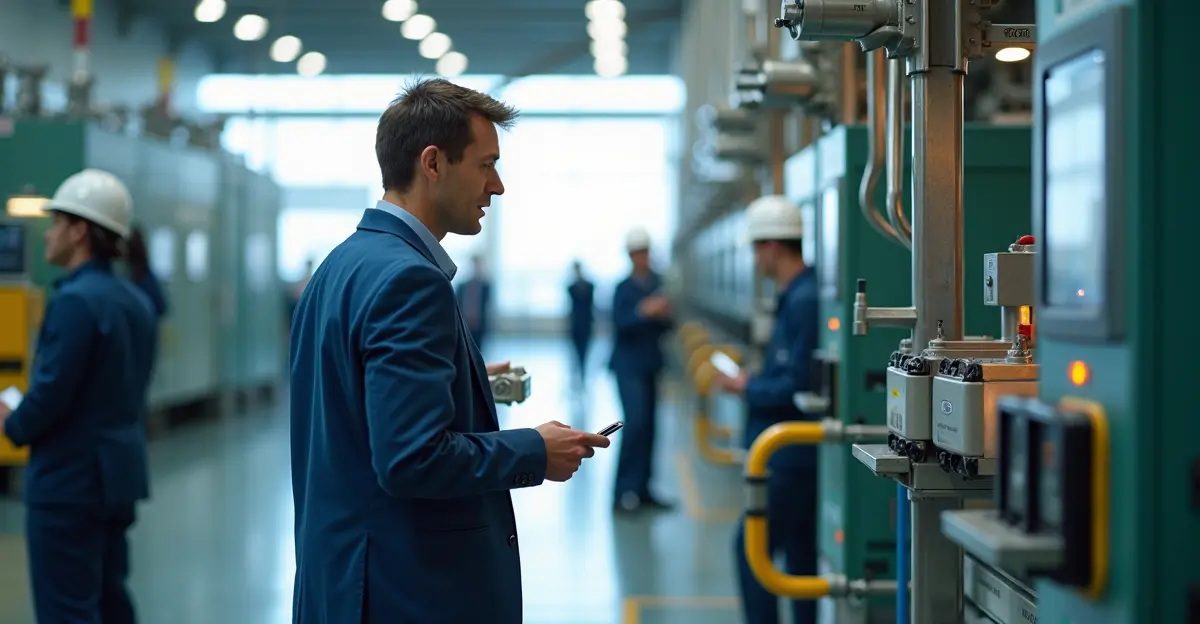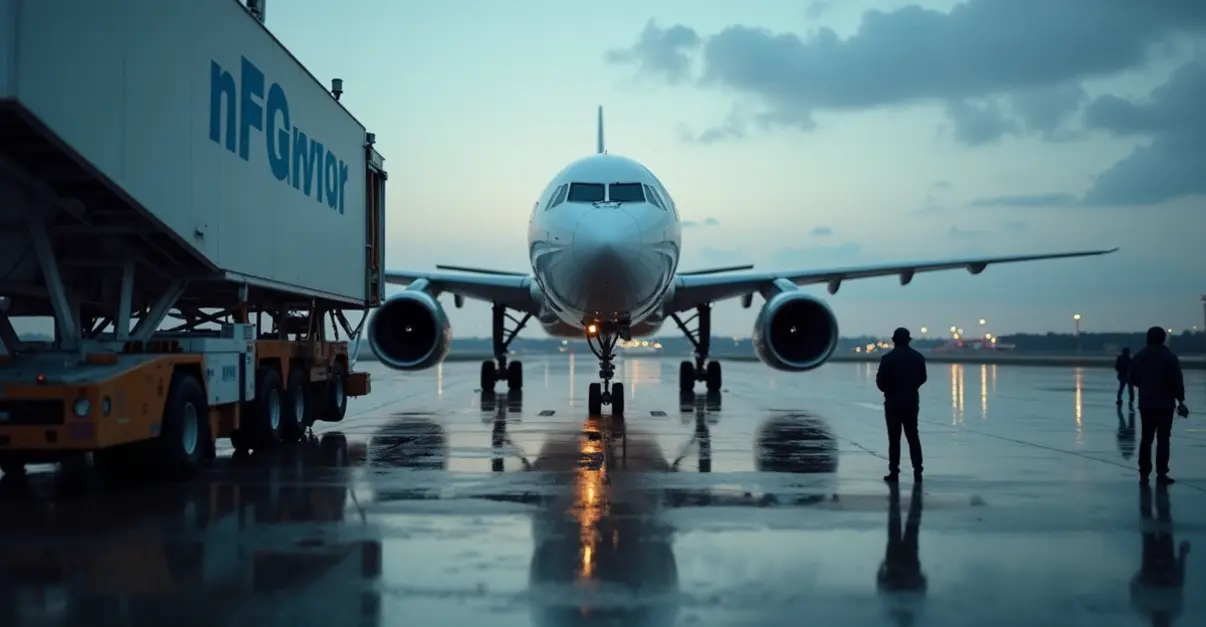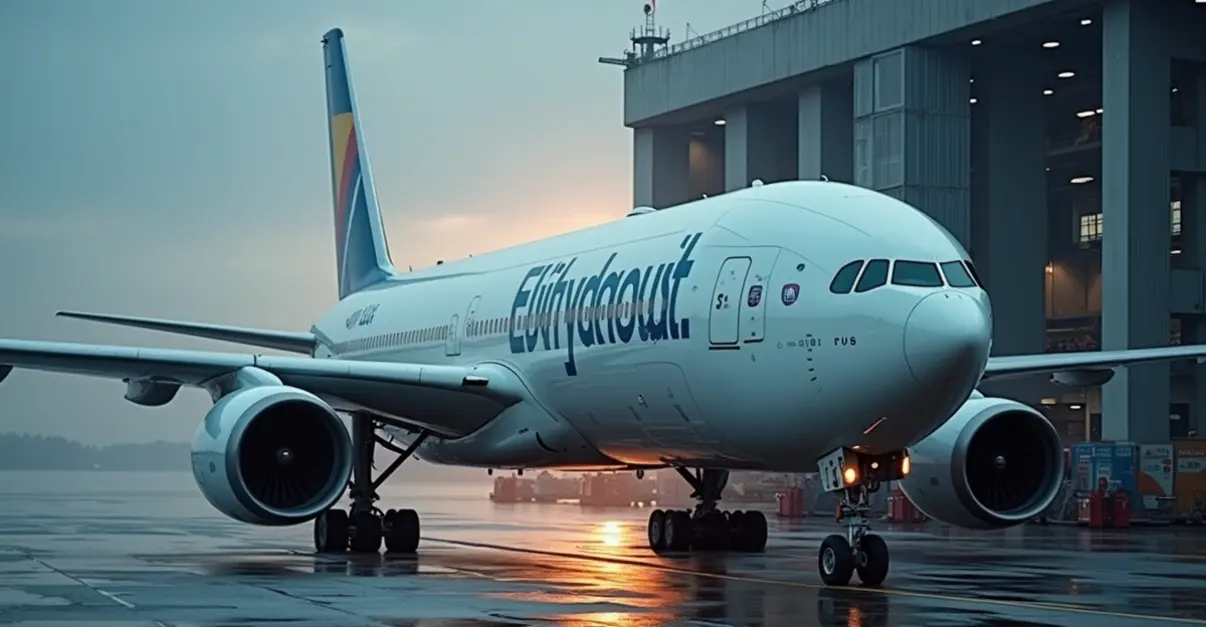Major Sustainable Aviation Fuel Project Advances with Airline Commitments
A significant sustainable aviation fuel (SAF) scaling project has successfully secured multiple offtaker agreements with major airlines, marking a crucial step forward in the aviation industry's decarbonization efforts. The project, which aims to dramatically increase SAF production capacity, has attracted commitments from several leading carriers who have agreed to purchase substantial volumes of the cleaner-burning fuel over the coming years.
Feedstock Sourcing Strategy Takes Center Stage
The project's success hinges on a comprehensive feedstock sourcing strategy that addresses one of the biggest challenges in SAF production - securing sufficient sustainable raw materials. 'Our feedstock strategy combines multiple sources including waste cooking oil, agricultural residues, and municipal solid waste to ensure reliable supply chains,' explained Dr. Sarah Chen, the project's feedstock development director. 'We're working with regional partners to establish collection networks that can scale with our production needs.'
The project is leveraging advanced conversion technologies that can process diverse feedstocks, reducing dependency on any single source. According to the IATA Global Feedstock Assessment, sustainable feedstocks could potentially support significant SAF production growth through 2050, though careful management is required to avoid competition with food production and other essential uses.
Cost Expectations and Economic Viability
While SAF currently commands a significant premium over conventional jet fuel, the project's offtaker agreements reflect a shared commitment to bridge the cost gap. Current SAF prices range from $3.11 to $6.14 per gallon globally, compared to conventional jet fuel averaging $2.42 per gallon in early 2025, according to industry price analysis.
'The long-term contracts provide the financial certainty needed to justify our investment in scaling production,' said project CEO Michael Rodriguez. 'Our offtakers understand that initial costs are higher, but they recognize the environmental imperative and the regulatory requirements driving SAF adoption.'
The project benefits from government incentives, including U.S. tax credits of up to $1.75 per gallon, which help reduce the net cost for participating airlines. As production scales and technology improves, the project team expects costs to decrease significantly over the next decade.
Regulatory Drivers and Market Momentum
The timing of these agreements aligns with increasing regulatory pressure on airlines to reduce emissions. The EU's ReFuelEU Aviation initiative requires airlines to blend 2% SAF in 2025, increasing to 6% by 2030. Similar mandates are emerging in other regions, creating a growing market for sustainable fuels.
'We're seeing unprecedented momentum in SAF adoption,' noted aviation analyst Jennifer Martinez. 'Airlines representing over 15% of global traffic have now committed to SAF purchases, with forward agreements totaling billions of dollars. This project is perfectly positioned to capture this growing demand.'
The IATA SAF Matchmaker platform, launched in 2025, is facilitating connections between SAF producers and airlines, further accelerating market development. The platform allows producers to post available volumes while airlines can register their purchasing interest, streamlining the procurement process.
Technical Innovation and Production Scale
The scaling project incorporates multiple SAF production pathways, including Hydroprocessed Esters and Fatty Acids (HEFA), Alcohol-to-Jet (ATJ), and emerging Power-to-Liquid technologies. This diversified approach helps mitigate technology risks and ensures the project can adapt to evolving market conditions.
According to NREL's SAF State-of-Industry Report, global SAF production reached approximately 1.3 billion liters in 2024, representing just 0.3% of global jet fuel consumption. The current project aims to contribute significantly to the industry's goal of increasing this percentage dramatically in the coming years.
'Our project represents a critical step in building the infrastructure needed for aviation's energy transition,' Rodriguez added. 'The airline commitments validate our approach and provide the foundation for further expansion.'
The project team is now focusing on finalizing engineering designs and securing additional financing to begin construction. With offtaker agreements in place and a clear feedstock strategy, the project appears well-positioned to make a meaningful contribution to aviation decarbonization while creating new economic opportunities in the sustainable energy sector.

 Nederlands
Nederlands
 English
English
 Deutsch
Deutsch
 Français
Français
 Español
Español
 Português
Português










